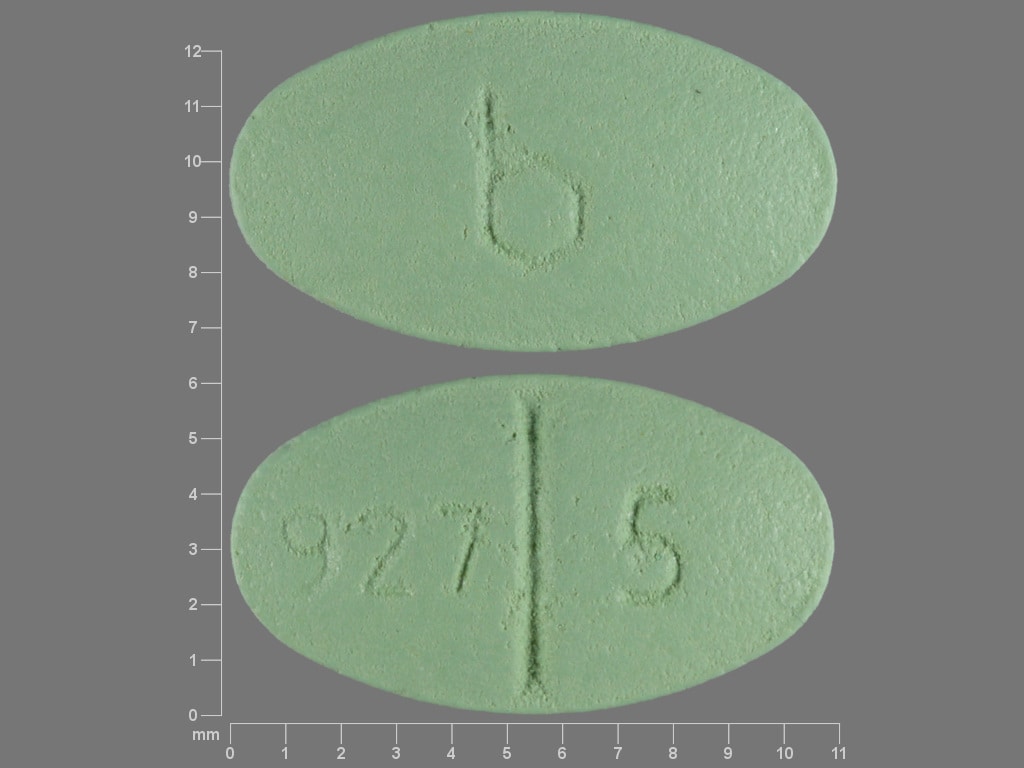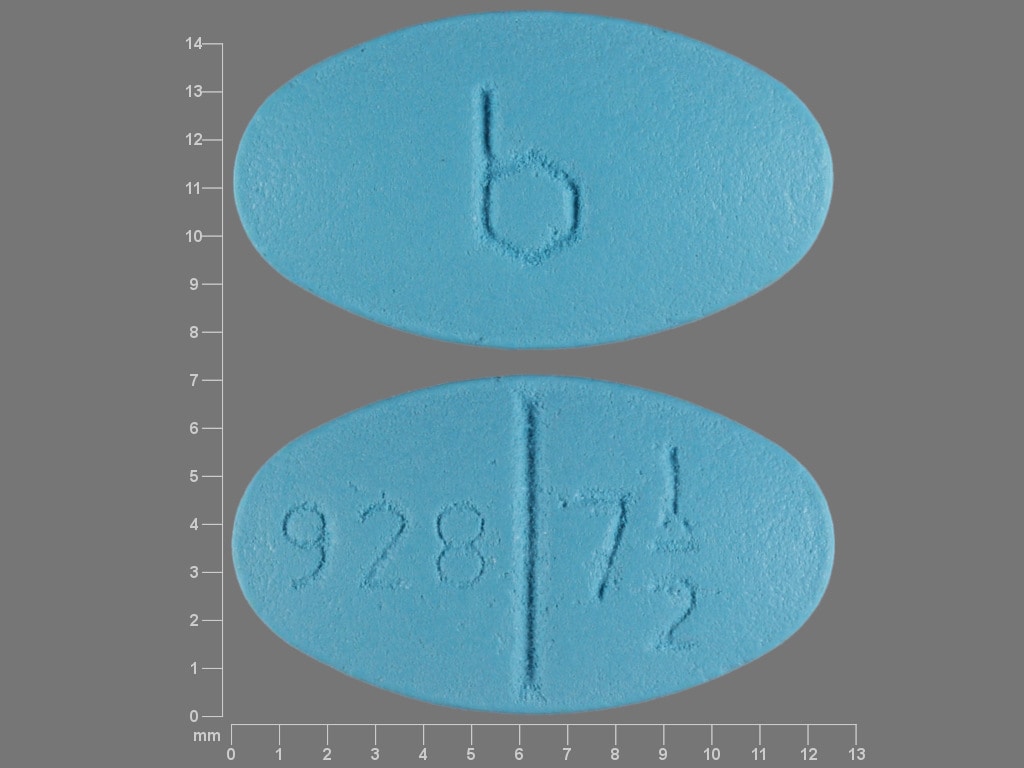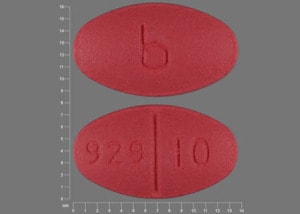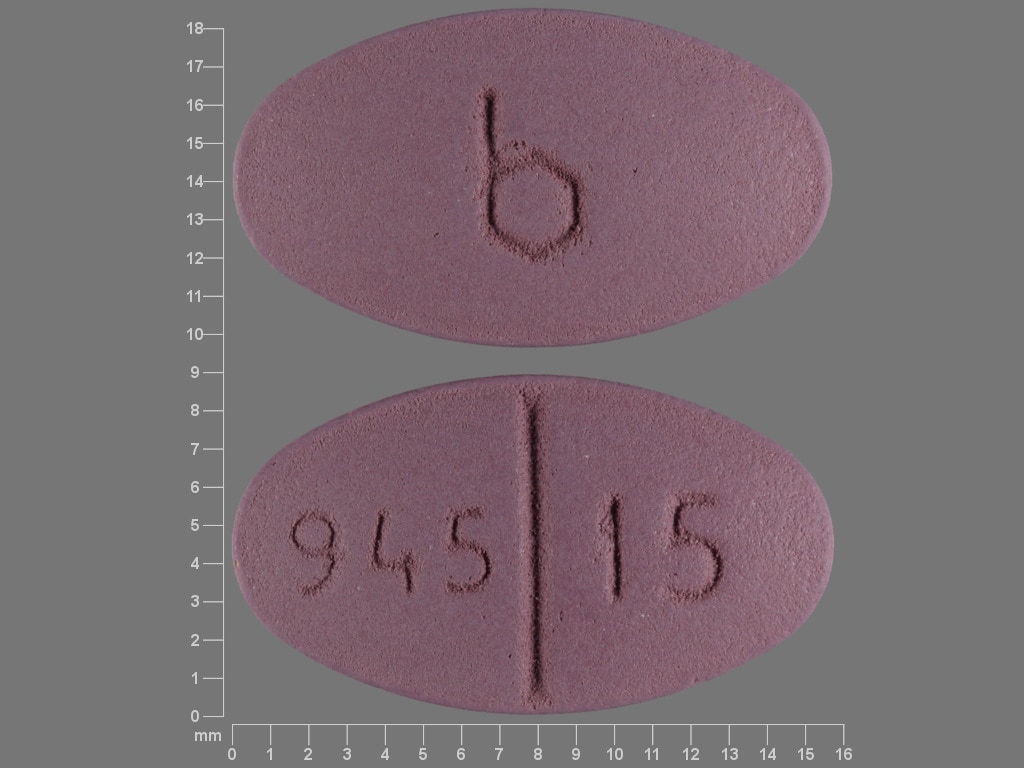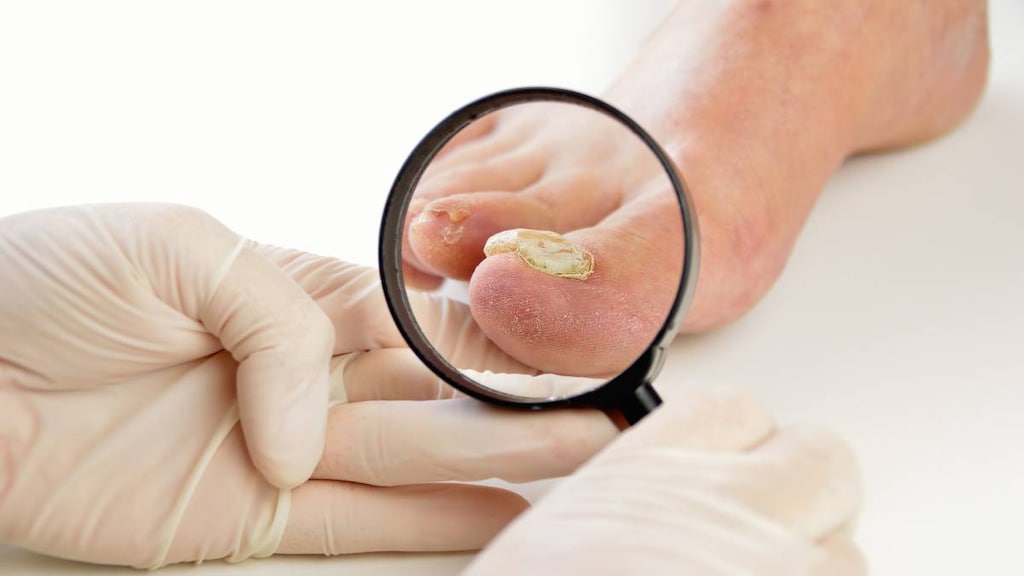What is methotrexate?
Methotrexate is a prescription medicine used:
- in combination with other chemotherapy medicines in adults and children, for maintenance treatment of acute lymphoblastic leukemia (ALL)
- to treat adults with mycosis fungoides (cutaneous T-cell lymphoma)
- in combination with other therapies to treat adults with non-Hodgkin lymphoma that has come back (relapsed) or did not respond to previous treatment (refractory)
- to treat adults with rheumatoid arthritis
- to treat children with polyarticular juvenile idiopathic arthritis (pJIA)
- to treat adults with severe psoriasis
It is not known if methotrexate is safe and effective in treating children with any disease other than ALL as part of a combination regimen used for maintenance therapy of their cancer, and for the treatment of pJIA.
It is not known if methotrexate is safe in people with liver problems.
What is the most important information I should know about methotrexate?
Methotrexate can cause serious side effects that may be severe and lead to death, including:
- Harm to an unborn baby, including birth defects or death of an unborn baby.
- Females who can become pregnant:
- Your healthcare provider should do a pregnancy test before you start taking methotrexate to see if you are pregnant.
- If you are being treated for a medical condition other than cancer, do not take methotrexate if you are pregnant. See “Who should not take methotrexate?”
- If you are taking methotrexate to treat your cancer, you and your healthcare provider will decide if you will take methotrexate if you are pregnant.
- Use effective birth control (contraception) during treatment and for 6 months after your final dose of methotrexate. Ask your healthcare provider what forms of birth control you can use during this time.
Tell your healthcare provider right away if you become pregnant or think you are pregnant during treatment with methotrexate.
- Males with female partners who are able to become pregnant:
- Use effective birth control during treatment and for 3 months after your final dose of methotrexate.
Tell your healthcare provider right away if your female partner becomes pregnant during treatment with methotrexate.
- Use effective birth control during treatment and for 3 months after your final dose of methotrexate.
- Females who can become pregnant:
- Severe allergic reactions. Severe allergic reactions can happen with methotrexate. Signs and symptoms of a severe allergic reaction may include:
- skin rash, itching and hives
- swelling of the face, lips, tongue, or throat
- dizziness
- trouble breathing
- wheezing
- fast heart rate
- feeling faint
- stomach-area pain
- vomiting or diarrhea
Do not take methotrexate if you have had a severe allergic reaction to methotrexate in the past.
Get medical help right away if you develop any of the signs or symptoms of a severe allergic reaction listed above. Decreased blood cell counts. Methotrexate can affect your bone marrow and cause decreases in red blood counts, white blood cell counts, and platelets that can be severe and life-threatening
- Your healthcare provider will check your blood cell counts when you start and during treatment with methotrexate.
Call your healthcare provider right away if you develop any of the following:- a new fever
- symptoms of infection
- easy bruising or bleeding that will not stop (persistent bleeding)
- Severe stomach and intestine problems (gastrointestinal) problems.
- Diarrhea, vomiting, nausea, and mouth sores can happen in people who take methotrexate.
- Inflammation of the intestine with severe bleeding and a tear in the intestinal wall (perforation) have happened with methotrexate and cause death.
- People who have stomach ulcers (peptic ulcer disease) or ulcerative colitis (UC) have a greater risk of developing severe stomach or intestine problems with methotrexate.
Tell your healthcare provider if you develop new or worsening diarrhea, vomiting, or mouth sores during treatment with methotrexate.
Tell your healthcare provider right away if you develop high fever, shaking chills (rigors), pain in your stomach-area (abdomen) that will not go away or is severe, severe constipation, if you are vomiting blood or have blood in your stools.
- Liver problems. Methotrexate can cause severe liver problems including liver scarring (fibrosis), cirrhosis, and liver failure that may not get better (possibly irreversible) and can cause death.
- In people with psoriasis who take methotrexate, liver fibrosis or cirrhosis may happen without any symptoms or abnormal liver tests. The risk for liver problems in people with psoriasis increases as with the amount of methotrexate that you take over time.
- Your healthcare provider will do tests to monitor your liver function before you start and during treatment with methotrexate.
Tell your healthcare provider if you have any signs or symptoms of liver problems during treatment with methotrexate, including:- tiredness
- easy bleeding or bruising
- loss of appetite
- nausea
- difficulty thinking clearly
- swelling in your legs, feet or ankles
- weight loss
- itchy skin
- yellowing of your skin or the white part of your eyes
- weakness
- Lung problems. Lung problems can happen suddenly (acute) with methotrexate or they can develop over a long period-of-time (chronic). Lung problems may not get better (possibly irreversible) and can cause death.
Tell your healthcare provider if you have any new or worsening symptoms including: cough (especially a dry cough), fever, or trouble breathing. - Severe skin reactions. Severe skin reactions can happen with methotrexate and can lead to death.
- In people with psoriasis: Your psoriasis may get worse if you are exposed to sunlight or other types of ultraviolet light.
- Methotrexate can cause reactivation of skin reactions that can happen after radiation therapy (radiation recall dermatitis) and cause sunburn to come back (photodermatitis).
Limit sunlight exposure during treatment with methotrexate. Use sunscreen and wear protective clothing when you will be exposed to sunlight during treatment with methotrexate.
Tell your healthcare provider right away about any new or worsening skin rash during treatment with methotrexate.
- Kidney problems. Kidney problems can happen with methotrexate, including kidney failure which can happen suddenly (acute) and may not go away (irreversible).
Your healthcare provider will check your kidney function before you start and during treatment with methotrexate.
Tell your healthcare provider right away if you have any signs or symptoms of kidney problems, including:- a big change (either increase or decrease) in the amount of urine you produce
- swelling in your legs, ankles or feet
- shortness of breath
- tiredness
- weight gain
See “What are the possible side effects of Methotrexate?” for more information about side effects.
Who should not take methotrexate?
Do not take methotrexate if you:
- are pregnant and are being treated or will be treated with methotrexate for rheumatoid arthritis, pJIA, or severe psoriasis or for any disease other than cancer). Methotrexate can cause harm to an unborn baby, including birth defects or death of an unborn baby. See “What is the most important information I should know about methotrexate?”
- have or had a severe allergic reaction to methotrexate in the past. See “What is the most important information I should know about methotrexate?” See the end of this leaflet for a complete list of ingredients in methotrexate.
What should I tell my healthcare provider before taking methotrexate?
Before taking methotrexate tell your healthcare provider about all of your medical conditions, including if you:
- have problems swallowing tablets
- have kidney problems or are receiving dialysis treatments
- have liver problems
- drink alcohol-containing beverages and, during treatment with methotrexate, if there are any changes in the amount of alcoholic beverages you drink
- have fluid in your stomach-area (ascites)
- have lung problems or fluid in your lungs (pleural effusion)
- plan to have any surgeries with general anesthesia, including dental surgery
- have stomach ulcers (peptic ulcer disease)
- have ulcerative colitis
- have recently received or are scheduled to receive a vaccine. You should not receive live vaccines during treatment with methotrexate.
- are breastfeeding or plan to breastfeed. Methotrexate may pass into your breast milk. Do not breastfeed during treatment and for 1 week after your last dose of methotrexate.
Tell your healthcare provider about all the medicines you take, including prescription and over-the-counter medicines, vitamins and herbal supplements. methotrexate and certain other medicines can affect each other and cause serious side effects. Do not start or change any medicines unless you have talked to your doctor and your doctor has told you it is safe. Know all the medicines that you take and keep a list of them with you at all times to show doctors and pharmacists.
How should I take methotrexate?
- Take methotrexate exactly as prescribed by your healthcare provider. Your dose of methotrexate and when you take it will depend on the condition that is being treated.
- Do not take more methotrexate than prescribed. Do not change your dose of methotrexate unless your healthcare provider tells you to.
- Taking more methotrexate than prescribed or taking methotrexate more often than prescribed, can lead to severe side effects and cause death.
- If you take too much methotrexate call your healthcare provider or go to your nearest hospital emergency room right away. You will need to receive a medicine as soon as possible to help reduce side effects that could be severe and could cause death.
- If you miss taking a dose of methotrexate, call your healthcare provider for instructions about when to take your next dose of methotrexate.
If you are taking methotrexate for treatment of severe psoriasis, rheumatoid arthritis, or polyarticular juvenile idiopathic arthritis:
- Take your methotrexate dose 1 time each week, not every day. Severe side effects and death have happened in people who mistakenly have taken methotrexate every day instead of 1 time each week.
- Take a folic acid or folinic acid supplement every day during treatment with methotrexate, as instructed by your healthcare provider, to help reduce the chance of developing certain side effects, such as mouth sores.
If you are taking methotrexate to treat your cancer:
- Follow your healthcare provider’s instructions about how much methotrexate to take and when to take it.
- Do not take folic acid or folinic acid during treatment with methotrexate unless your healthcare provider tells you to. Taking folic acid or folinic acid with methotrexate may make your methotrexate treatment less effective.
What are the possible side effects of methotrexate?
Methotrexate can cause serious side effects that may be severe and lead to death including:
- See “What is the most important information I should know about methotrexate?”
- Serious infections. People who take methotrexate have an increased risk of developing infections that can be life-threatening or cause death. These infections may include: bacterial, fungal, or viral infections, including Pneumocystis jiroveci pneumonia, invasive fungal infections, hepatitis B infection that comes back (reactivation), tuberculosis infection that may be new or reactivation, and Herpes zoster or cytomegalovirus (CMV) that spreads throughout the body (disseminated).
Tell your healthcare provider right away if you develop a new fever or if you have any symptoms of infection during treatment with methotrexate. - Brain and spinal cord (nervous system) problems. Methotrexate can cause nervous system problems that can be severe and last for a short time or last for a long time. These nervous system problems can get progressively worse, may not get better (irreversible), and can cause death. The risk for a certain nervous system problem called leukoencephalopathy is increased in people who have had radiation treatment to their head (cranial radiation) in the past.
Tell your healthcare provider about any new nervous system symptoms that you develop during treatment with methotrexate. - Secondary cancers. Secondary (new) cancers can happen in people who take methotrexate.
- In people with psoriasis, the risk of new skin cancers is increased with methotrexate and further increased if you take the medicine cyclosporine after receiving treatment with methotrexate.
- Certain blood cancers can happen during treatment with methotrexate. In some cases, these blood cancers may completely go away (regress completely) after methotrexate is stopped.
- Tumor lysis syndrome (TLS). TLS is caused by the fast breakdown of cancer cells. TLS can cause kidney failure and the need for dialysis treatment, abnormal heart rhythm, seizure, and sometimes death. Your healthcare provider may do blood tests to check you for TLS if you are receiving methotrexate as a cancer treatment.
- Possible fertility problems (infertility) in males and females. Methotrexate can cause fertility problems in males and females, and can cause sperm production to stop in males, and menstrual problems in females. Males may not be able to father a child. Females may not be able to become pregnant. It is not known if your fertility may return. Talk with your healthcare provider about your risk for infertility if this is a concern for you.
The most common side effects of methotrexate include:
- mouth sores
- low white blood cells. See “What is the most important information I should know about methotrexate?”
- nausea, upset stomach
These are not all the side effects of methotrexate. Ask your healthcare provider or pharmacist for more information.
Call your doctor for medical advice about side effects. You may report side effects to FDA at 1-800- FDA-1088.
Methotrexate Images
General information about the safe and effective use of methotrexate
Medicines are sometimes prescribed for purposes other than those listed in a Patient Information leaflet. Do not use methotrexate for a condition for which it was not prescribed. Do not give methotrexate to other people, even if they have the same symptoms that you have. It may harm them. This leaflet summarizes the most important information about methotrexate. If you would like more information, talk with your healthcare provider. You can ask your pharmacist or healthcare provider for information about methotrexate that is written for healthcare professionals.
How should I store methotrexate?
- Store at 20° to 25°C (68° to 77°F).
- Keep methotrexate tablets away from light.
Keep methotrexate and all medicines out of the reach of children.
What are the ingredients in methotrexate?
Note: Different generic versions of methotrexate tablets are available and may contain different inactive ingredients.
Active Ingredients: methotrexate
Inactive Ingredients:
West-Ward Pharmaceuticals Corp methotrexate tablets: lactose (anhydrous), magnesium stearate, pregelatinized starch, sodium hydroxide pellets, sodium starch glycolate, and purified water.
Teva Pharmaceuticals methotrexate tablets (Trexall): anhydrous lactose, crospovidone, hypromellose, magnesium stearate, microcrystalline cellulose, polyethylene glycol, polysorbate 80, pregelatinized corn starch, sodium carbonate monohydrate, talc and titanium dioxide.
The 5 mg also contains: D&C Yellow No. 10 Aluminum lake, FD&C Blue No. 1 Aluminum lake and FD&C Yellow No. 6 Aluminum lake.
The 7.5 mg also contains: FD&C Blue No.1 Aluminum lake.
The 10 mg also contains: FD&C Red No. 40 Aluminum lake.
The 15 mg also contains: FD&C Blue No. 2 Aluminum lake and FD&C Red No. 40 Aluminum lake.

